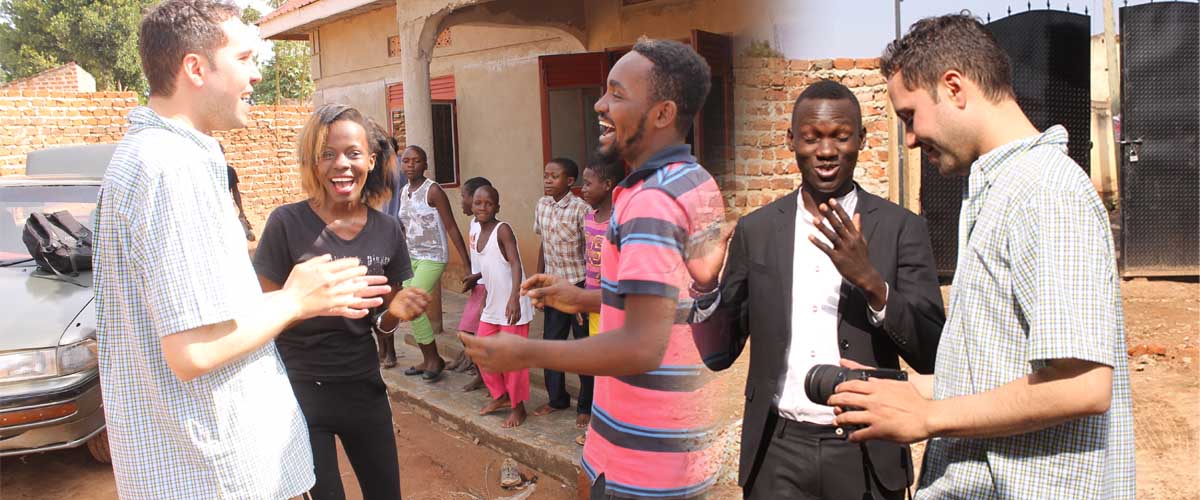TEN BASIC EXPECTATIONS THAT ALL VOLUNTEERS HAVE WHEN THEY GIVE THEIR TIME TO AN ORGANISATION, AND THAT THE ORGANISATION SHOULD BE ABLE TO MEET
EXPECTATIONS
- Volunteers should not be expected to undertake tasks that they are uncomfortable with, or are physically incapable of performing to an adequate standard.
- Volunteers should be given tasks that match their personal goals, skills, and motivation as far as is possible within the organization.
- They should be recruited only where all staff agrees to the arrangement and welcome.
- volunteers – paid staff need to have a clear understanding of the role of the volunteer.
- Volunteers should never be used to perform tasks that are or have previously been done by paid workers.
- They should not be charged anything to give their time, except for traveling and accommodation expenses, and in cases where the project requires a once-off volunteering fee.
- Volunteer organizations should be committed to operating an equal opportunities policy, and work within it about their volunteers.
- Volunteers should understand the lines of supervision by the staff at the organization. Formal supervision should exist and this should provide volunteers with the opportunity to develop their skills.
- Volunteers who are not accepted when applying to an organization have a right to know the reasons why.
- They should receive other support and training if necessary.
- Volunteers should rely on organizations for ensuring that all health and safety procedures are in place at the project.
Expectations of an organization from volunteers
- They should rely on organizations for ensuring that all health and safety procedures are in place at the project.
- Volunteers should be reliable, and if they commit to performing certain tasks at certain times, they should be expected to meet this commitment. Volunteers need time off work just like paid employees, but it’s fair to expect them to give some notice if the time off doesn’t fall over an agreed-upon rest period, like a weekend.
- They must always work within the aims, objectives, and ethos of the organization.
- Volunteers encountering problems with their tasks or the organization should be honest about it with the staff.
- Volunteers must respect confidentiality at the organization at all times.
- Right person, right role – a volunteer interview is an ideal opportunity for both sides to find out about each other. Both the volunteer and the organization need to know that they can work happily together. Be honest and upfront with your expectations.
RIGHTS
- Volunteers should be given role descriptions and written outlines of tasks they may be expected to perform. The more clarity there is about expectations before a commitment is made, the better for all parties.
- You’re allowed to say “No”. Both volunteers and organizations have the right to state if they don’t think the relationship will work out. However, it’s right for parties to expect explanations for such a decision.
- Good preparation is essential to help new volunteers settle into their roles. There might be a lot to take in at the beginning (especially if there is an added element of culture shock!). A new volunteer at a project should have access to all the information and support they need.
- A trial period for new volunteers is a good idea for both organization and volunteers. As it allows an opportunity to review any problems, and to decide if the arrangement won’t work out. If a trial period is going to be used, this must be made clear from the outset, and feedback should be given if everything goes well. Trial periods should be applied to ALL new volunteers.
In conclusion, Volunteers need ongoing support and supervision to ensure that they are happy with their role. Developing their skills, and achieving their full potential within the organization. Appropriate support ensures that volunteers remain motivated to continue with their voluntary role and helps them to feel valued.




